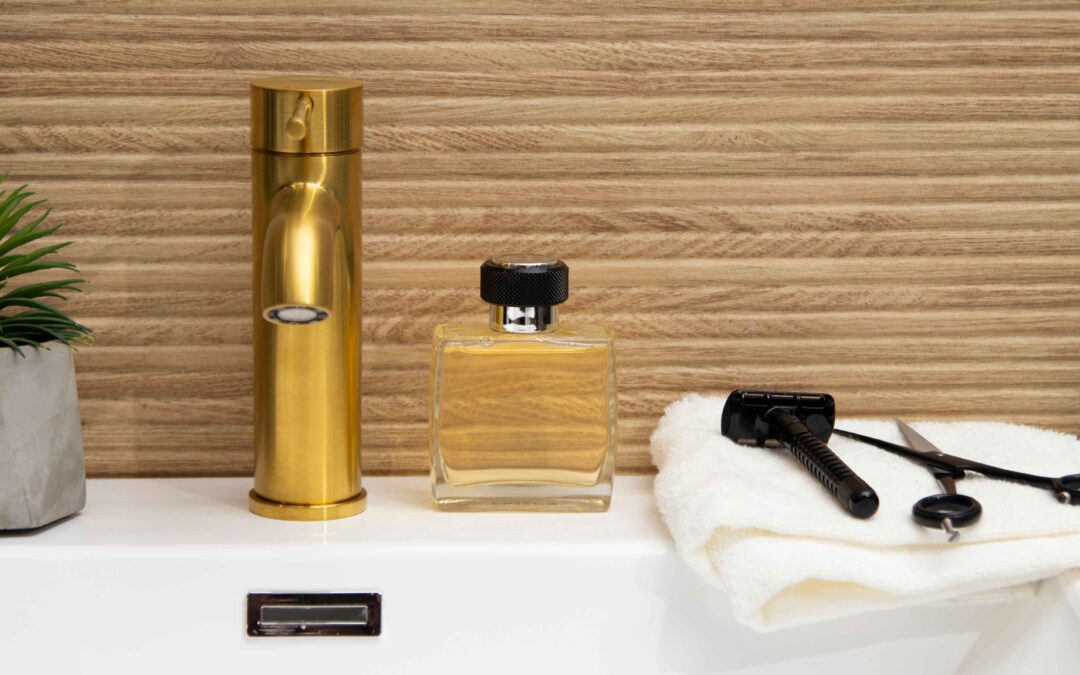Over the past decade, the hospitality industry has evolved far beyond offering just comfortable beds and gourmet dining. Today, travelers expect more than amenities—they want experiences that prioritize their physical and mental well-being. This demand has given rise to a new era of wellness-focused hospitality, where hotels are reimagining every aspect of the guest experience to promote relaxation, rejuvenation, and health. From sleep-enhancing rooms to personalized spa therapies, the concept of “wellness” is no longer an optional luxury; it’s becoming the new standard.
The Shift Toward Holistic Guest Experiences
Wellness-focused hospitality isn’t just about offering a gym or a massage service. It’s a holistic approach that integrates health-conscious design, mindful dining, fitness, and emotional balance. Travelers today are more aware of how their environment impacts their well-being. The pandemic accelerated this awareness, pushing hotels to rethink how they care for guests’ bodies and minds.
Many leading hotel brands now focus on creating immersive wellness experiences. This can include everything from in-room aromatherapy systems and circadian lighting to outdoor meditation spaces. The goal is to make guests feel better than when they arrived—not just physically, but emotionally and mentally as well.
The Rise of Wellness-Centric Design
Design plays a critical role in this movement. Modern hotels are using natural materials, calming color palettes, and biophilic elements like plants and water features to create environments that reduce stress and promote serenity. Architects and designers are working closely with wellness consultants to craft spaces that enhance sleep, improve air quality, and encourage movement.
For example, wellness-oriented rooms may include air purification systems, noise-reduction technology, and temperature controls optimized for rest. Some luxury brands even incorporate yoga mats, resistance bands, and guided workout videos into each room. The intention is to integrate wellness seamlessly into the guest’s stay rather than treating it as a separate service.
Nutrition and Mindful Dining
Food is another cornerstone of wellness-focused hospitality. Guests are increasingly looking for meals that support their health goals without sacrificing flavor. Hotels are responding by rethinking their menus to include organic, locally sourced, and plant-based options.
Chefs are collaborating with nutritionists to develop meals that balance nutrients while catering to various dietary preferences—gluten-free, vegan, and low-sugar among them. Smoothie bars, cold-pressed juices, and superfood breakfast bowls are becoming standard offerings. The emphasis is on nourishment, not indulgence, and on transparency—guests want to know where their food comes from and how it benefits them.
Many properties are also offering cooking classes or workshops focused on healthy eating, giving travelers practical tools to continue their wellness journey beyond their stay.
Technology Meets Wellness
Technology has become an essential component of wellness hospitality, helping hotels personalize and enhance each guest’s experience. Smart room systems allow guests to control lighting, temperature, and even aromatherapy scents from their phones or voice assistants. Sleep-tracking technology and AI-driven wellness recommendations are also making their way into upscale hotels.
Wearable integrations are another exciting development. Some hotels now sync guest fitness trackers with in-room systems to suggest optimal rest times or morning yoga sessions. Mobile apps can offer meditation guides, breathing exercises, or customized spa itineraries based on guest preferences.
Even booking platforms are adapting, allowing travelers to filter hotels based on wellness amenities such as on-site nutritionists, holistic treatments, or mental health programs.
The Wellness Staff Revolution
Behind every great wellness program is a team of dedicated professionals. Traditional hotel staff roles are expanding to include wellness directors, nutrition consultants, and sleep specialists. Spa therapists are receiving training in alternative therapies like Reiki and sound healing, while fitness instructors offer classes that blend traditional exercise with mindfulness.
A growing number of hotels are also collaborating with healthcare providers to ensure guest safety and comfort. It’s not uncommon to find a doctor at hotel facilities, especially in upscale or resort properties where wellness and medical support intertwine. This integration allows guests to access professional care without disrupting their relaxation or travel plans—a reassuring feature for both leisure and business travelers.
The Rise of Destination Wellness Resorts
Beyond traditional hotels, a new wave of destination wellness resorts has emerged. These properties are built entirely around health and rejuvenation. They offer immersive programs ranging from digital detox retreats to comprehensive weight management or stress reduction plans. Guests may spend several days or weeks engaging in yoga, meditation, spa therapies, and nutrition workshops—all designed to restore balance and vitality.
Many of these resorts are set in natural surroundings—mountains, forests, or seaside locations—where the environment itself contributes to healing. The connection with nature is a vital aspect of wellness travel, offering both physical and psychological benefits.
These destinations cater to a growing demographic of travelers who see vacation not as a break from life but as an opportunity to invest in themselves. Wellness travel is now estimated to be one of the fastest-growing sectors in global tourism, with billions spent annually on health-oriented getaways.
Mindfulness and Mental Well-Being
While physical health is a key focus, mental wellness has taken center stage in recent years. The stress of modern life, constant digital connection, and post-pandemic burnout have driven travelers to seek experiences that nurture their minds.
Hotels are responding by offering mindfulness programs, meditation sessions, and digital detox packages. Some provide journaling kits or in-room sound therapy tools that promote relaxation and better sleep. Others design experiences around gratitude and connection—encouraging guests to slow down, breathe, and enjoy the present moment.
Wellness retreats focusing on emotional healing, mindfulness, and personal growth are becoming especially popular among solo travelers. These programs create safe, supportive spaces where individuals can reflect, reset, and return home with a renewed sense of purpose.
Sustainability and Ethical Wellness
Wellness hospitality isn’t only about personal well-being; it’s also about planetary health. Travelers who prioritize wellness often care deeply about sustainability, and hotels are taking notice.
From eco-friendly construction materials to energy-efficient operations, sustainable practices are now seen as essential to the guest experience. Reducing plastic waste, sourcing local products, and supporting community initiatives are becoming hallmarks of responsible hospitality.
Some hotels even offer wellness programs that connect guests with nature conservation—such as guided forest walks, beach cleanups, or eco-yoga sessions. This alignment between personal health and environmental care reinforces the idea that true wellness extends beyond the individual.
Corporate Wellness Retreats and Business Travel
The wellness movement isn’t limited to leisure travel. Corporate groups are increasingly integrating wellness into business trips, conferences, and team retreats. Companies recognize that employee well-being impacts productivity, creativity, and morale.
Hotels are adapting by offering wellness meeting packages that include healthy catering, mindfulness breaks, ergonomic workspaces, and access to fitness or relaxation areas. Some even design “mindful meeting” experiences, where participants engage in guided breathing or light stretching between sessions.
For frequent business travelers, wellness amenities—like sleep-focused rooms or nutritious grab-and-go meals—are not just perks but essential to maintaining long-term health on the road.
Looking Ahead: The Future of Wellness Hospitality
The future of wellness-focused hospitality looks bright and deeply personalized. As technology advances and awareness grows, hotels will continue to blur the line between luxury and health. We can expect more cross-industry partnerships between hospitality, fitness, and healthcare sectors, along with innovations that make well-being accessible to every traveler.
Customization will be key. Instead of one-size-fits-all spa menus, guests might receive tailored wellness itineraries based on biometric data or lifestyle preferences. Artificial intelligence could help predict what guests need most—whether it’s deep sleep, detox, or stress relief—and recommend experiences accordingly.
At its core, this evolution reflects a fundamental shift in what people value. Travelers no longer want to escape their lives temporarily; they want to enrich them. The modern hotel isn’t just a place to stay—it’s a space to restore, recharge, and reconnect with oneself.
Conclusion
The new era of wellness-focused hospitality is reshaping the way we travel. It’s about more than luxury or pampering; it’s about purpose. Hotels that embrace this movement are not only improving guest satisfaction but also contributing to a healthier, more balanced world. Whether it’s through innovative design, mindful dining, or professional medical support, wellness is becoming the defining feature of modern hospitality.







0 Comments